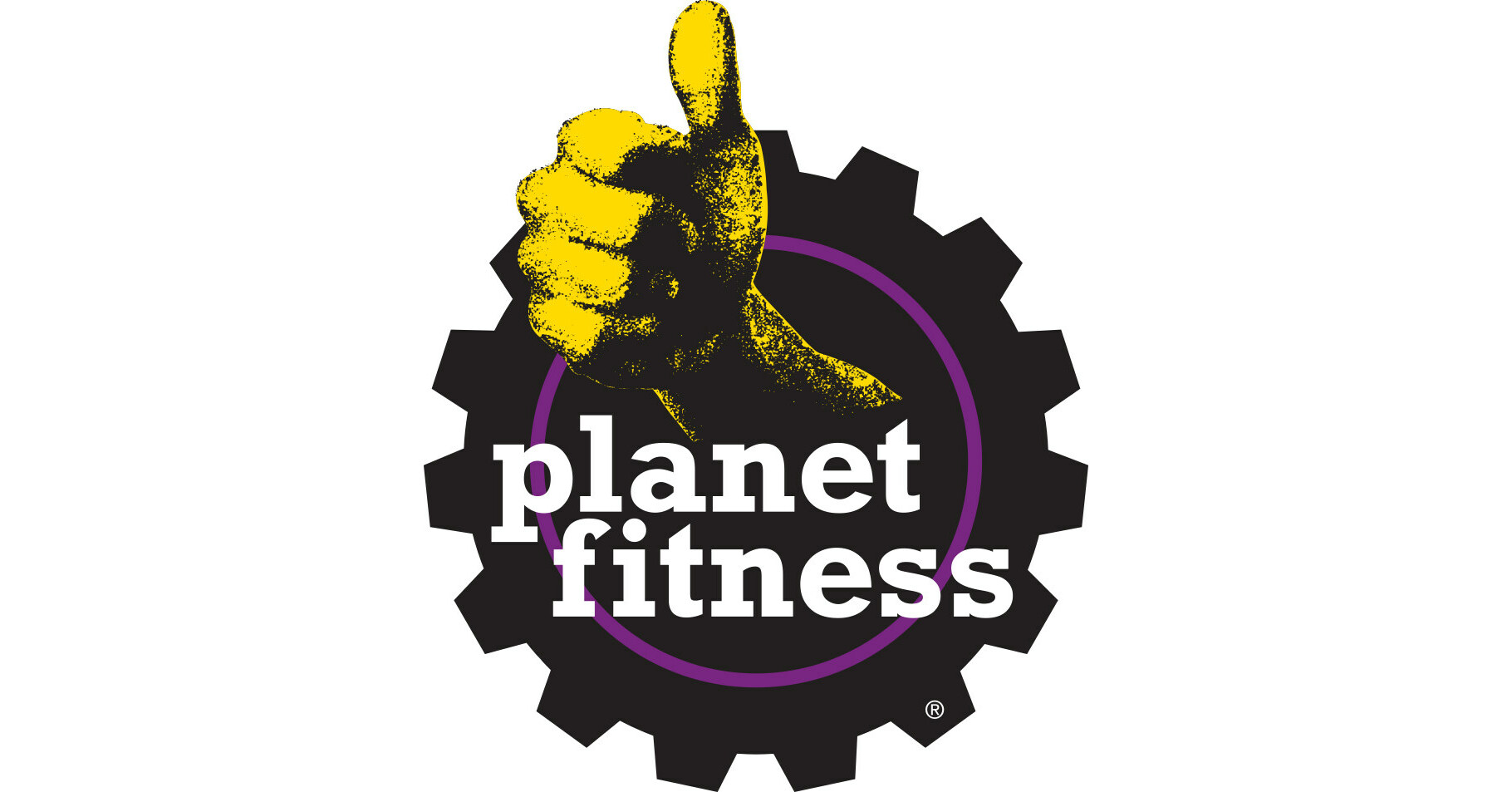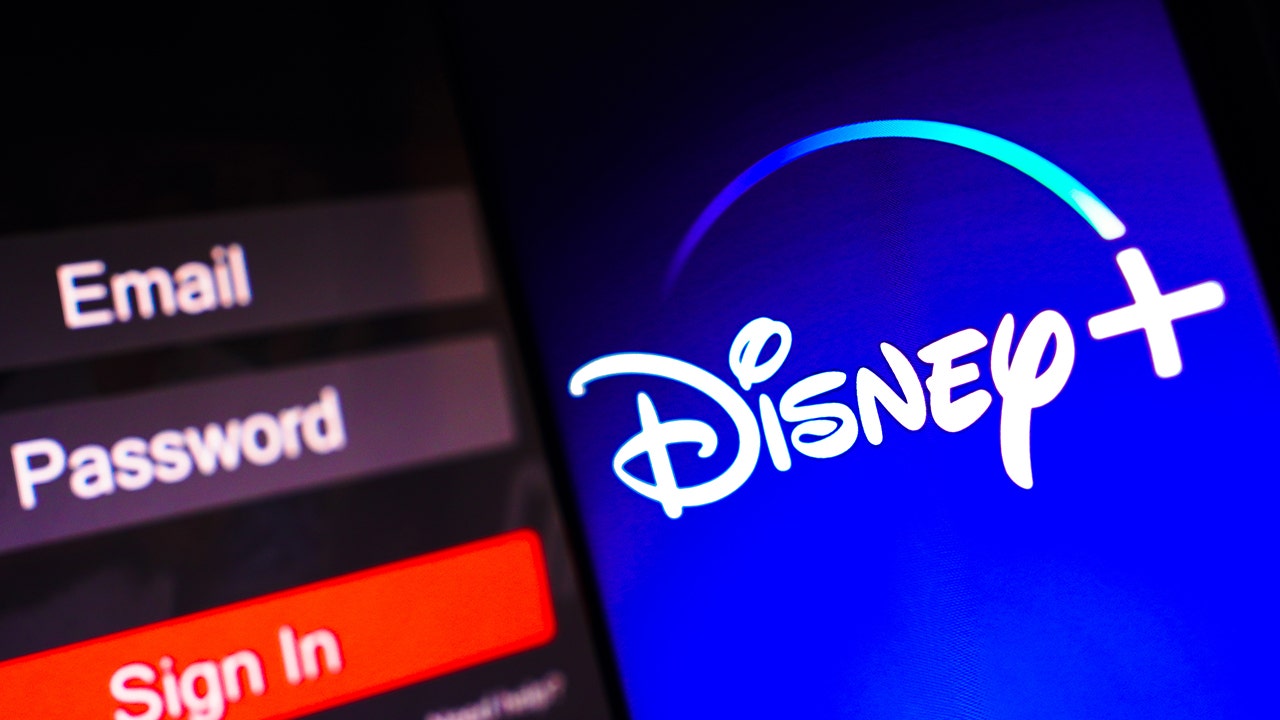Gambling
Influx of gambling in pro sports will ‘end up costing’ society | The Alabama Baptist

“Welcome to the 2027 NFL Draft! We’re coming to you from the Caesar’s Sportsbook Stage, courtesy of BetMGM, with additional commentary from the DraftKings desk back in the studio. But as we watch the FanDuel blimp circling above the festivities, we first have this word from Genius Sports, the exclusive sports betting data provider of the NFL.”
The only thing matched by the pomp and festivities of the NFL Draft, held this week in Detroit, may be the level at which gambling has become entwined with the league (All the companies in the fake intro are actual NFL partners).
The concern spreads to all sports. When baseball’s biggest star becomes embroiled in a $41 million betting scandal, people begin to wonder about gambling’s ultimate payout.
“We want to show that the detriments are more than the benefits,” said Mike Griffin, public affairs representative for the Georgia Baptist Mission Board. “Gambling supporters point to the tax revenue and how it can help fund education.”
He specifically targets predatory gambling such as sports betting, parimutuel horse racing and video poker machines. There is a definite grooming aspect to draw people, even minors, into participating.
“We’ve seen the data on how addictive gambling can be and that up to one-third of gamblers will attempt suicide,” he said. “It’s going to end up costing you.”
A bad deal
A 2018 Supreme Court decision took out a federal ban on state authorization for sports betting that had exempted Nevada. Other states jumped at the opportunity practically overnight, and today 38 of them offer legal gambling.
Legislatively, there is little connecting California and Georgia. But they are the only two states where sports gambling legislation has been defeated. A 2022 rejection by California voters has set up a massive showdown over the issue.
As sports betting has gathered steam, though, many are beginning to wonder if it is out of control. Studies show how it rewires the brain. A late three-pointer can affect the point spread and bring death threats, as one Purdue basketball player experienced this year.
Andrew Hurley is a senior walk-on for the national champion University of Connecticut. Occasionally his coach and dad, Dan, would put him in at the end of Huskies blowouts and the younger Hurley will hear chants to shoot the ball. He would wonder later if money was riding on those shots.
“It’s scary at the end of games,” he told the Boston Globe. “I don’t fully understand how much of [sports betting] works. … During the game I’m not thinking about that, but in the locker room after the game I’m thinking, ‘I hope nobody is out there jumping me for what I did in the game.’”
Increasing effects
The NFL previously had never broached the idea of having anything to do with Las Vegas due to its gambling background, and yet there was Sin City hosting the Super Bowl in February. The result was a record $185.6 million in wagers on the game by Nevada’s sportsbooks.
Sure, there were winners in those bets. But as everyone knows, there are far more losers than winners.
States are noticing an alarming rise in calls to gambling hotlines, with numbers more than doubling. It’s costing homes and relationships and skewing toward men in their 20s and 30s.
“We believe, nationwide, the rate and severity of gambling problems have increased across the United States since 2018,” said Keith Whyte, executive director of the National Council on Problem Gambling which operates a helpline at 1-800-GAMBLER, in an NBC News report.
Griffin is in his 11th year as Public Policy representative. His predecessor, the late Ray Newman, was also pushing back on attempted sports betting legislation as early as 2010.
This year there were at least 12 gambling bills, which Griffin shared in detail in a column for Georgia Baptists’ state news journal, The Christian Index. He knows he’ll have to suit up for battle again next year against gambling proponents.
“It won’t stop trying until Jesus comes back,” he said.
“They are misled into thinking that they can fix a problem by regulating it. … If you regulate it too well, though, there won’t be as much money to make. You need the problem gamblers. You need to increase the opportunities to gamble and entice more people to do it.
“The house has to win.”
EDITOR’S NOTE — This story was written by Scott Barkley and originally published by Baptist Press.
Update on efforts to legalize gambling in Alabama
With just a few days left in the 2024 session, the Alabama Legislature continues to consider proposals to bring online sports betting, casinos and a lottery to Alabama.
ALCAP reports that the Alabama House of Representatives (representatives Chris Blackshear, Andy Whitt and Sam Jones) and Senate (senators Greg Albritton and Garlan Gudger and Senate Minority Leader Bobby Singleton) make up the conference committee seeking to write a compromise bill. If a gambling bill is created by the committee, there could be a vote by both the House and the Senate before the session ends.
ALCAP urges Alabama voters to speak out on efforts to legalize gambling in Alabama. “Contact (or re-contact) your two legislators and encourage them to vote NO to legitimizing the gambling industry,” an ALCAP updates urges. “Legitimacy is given by legalizing Class III Vegas-style casinos, online sports betting and a lottery in Alabama. Any combination of these activities would open the door to more corruption and addiction brought on by this state-sanctioned and promoted predatory activity.” (Find contact information for your state legislators here.)
Stephanie Holden Smith, president and CEO of the Alabama Policy Institute, has also spoken against legislative efforts to legalize gambling, noting in a recent op-ed that many Alabama voters believe funds from a proposed lottery would be used for education and scholarships. However, Smith wrote, “there has been no discussion whatsoever of a Georgia Hope Scholarship style program for 4-year college students (which is seemingly the expectation of thousands of Alabama parents and grandparents who gambling proponents claim to want to vote on a lottery).
“The shift in messaging toward an ‘education lottery’ is a clear strategy to put pressure on members of the Senate and to prepare for a possible ballot initiative,” Smith wrote. “Don’t be fooled by the rhetoric, and don’t put any hopes for your student’s 4-year college degree prospects on the passage of an ‘education lottery.’ … These gambling proposals were written for the benefit of those who profit from the losses of others, not for the benefit of Alabama’s children.”
Hear an April 19 discussion between ALCAP President and CEO Greg Davis and Stephanie Smith here. (The Alabama Baptist)









